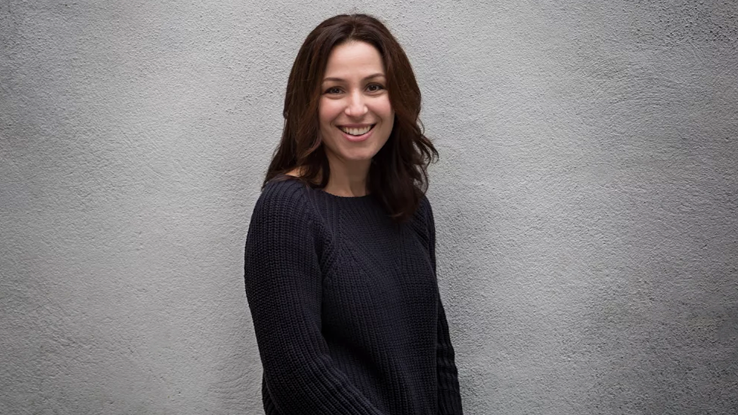
Boredom is good for you

Do you text as you walk across campus? Do you check email at every red light? Has your phone even been turned off at all in the last year? Is the pressure to be constantly connected and instantly responsive exhausting you and stressing you out?
If any of this sounds familiar, Manoush Zomorodi would like to talk to you.
“I wasn’t using my smartphone to connect. I was using it to escape,” Zomorodi writes in the introduction to her new book, Bored and Brilliant: Rediscovering the Lost Art of Spacing Out. She sets down a basic challenge: unplug some from your devices, open up periods of unoccupied time, and you’ll experience a burst of creativity.
 Zomorodi, the host of WNYC's podcast "Note to Self," visits the Hunt Library on Tuesday, Sept. 12 from 7-8:30 p.m. to talk about the relationship between boredom and creativity and to offer a series of challenges to help you change your relationship with your electronic devices as well as the world at large. Zomorodi will discuss her book in conversation with Dr. Holly Menninger, director of public science for NC State's College of Sciences. Free registration is required.
Zomorodi, the host of WNYC's podcast "Note to Self," visits the Hunt Library on Tuesday, Sept. 12 from 7-8:30 p.m. to talk about the relationship between boredom and creativity and to offer a series of challenges to help you change your relationship with your electronic devices as well as the world at large. Zomorodi will discuss her book in conversation with Dr. Holly Menninger, director of public science for NC State's College of Sciences. Free registration is required.
Half neuroscience and half common sense, her book project started in 2015 when she asked her podcast listeners to participate in a week of experiments in assessing their technology habits, including unplugging completely for periods of time. Zomorodi preaches intentionality about one’s device usage, as opposed to getting rid of them completely. Through mindfulness and balance, one can spark creative insight amid all the screen time, she maintains.
“What I find so frustrating about a lot of what I read is that you learn about how the brain works or how technology is changing us, but then you’re like ‘Yeah, and what are we supposed to do about it?” Zomorodi says. “I’m a very practical person. I’m a mom. I’m ambitious and want to be more productive and creative. So, to me, that wasn’t enough anymore.”
“I need to know what i can actually do, and I think that’s what my listeners want to hear too—actual practical ways you can take what you’ve learned and apply it to your life.”
Zomorodi’s book takes a workbook approach, with challenges that readers can take at the end of each chapter. The challenges are based on what she and her podcast audience went through together, trying out changes and discussing their results. It was basically a large, informal cognitive psychology experiment on the air.
“Even just two years ago when we first did this project, there was this unspoken assumption that this was our world now,” she says. “But then the minute I raised my hand and asked ‘Does anyone else feel weird about all this?’ my listeners said ‘Oh yeah, we’re all dealing with this.’”
“Just knowing that it sucks or that it’s not how we want to live our lives is empowering. There’s something in finding a community of people who were like ‘I’m not okay with this and I want to make a change.’”
“What fascinates me is that boredom and a lot of other human states are being bred out of us by the technology,” she continues. “It took me doing this project with 20,000 other people to begin to figure this out.”
Zomorodi’s visit is co-presented by the NCSU Libraries and Quail Ridge Books. Copies of Bored and Brilliant ($26.99) will be available on site or can be pre-purchased online from Quail Ridge. A signing line ticket comes free with each book purchase. You must purchase a book through Quail Ridge to get it signed.